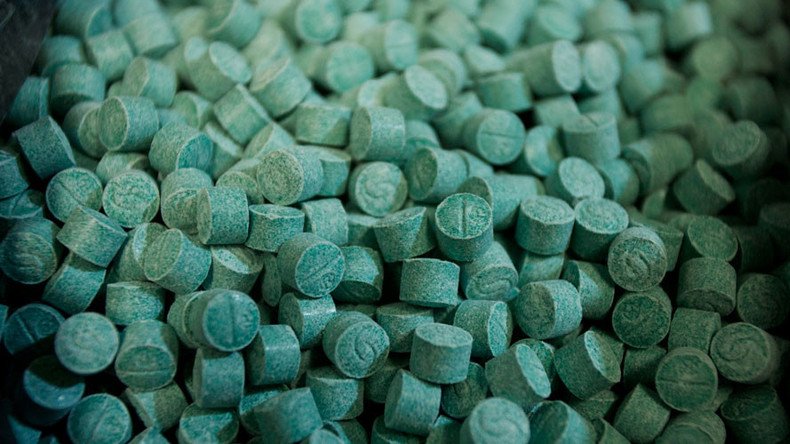Illegal & therapeutic? Ecstasy could prove beneficial for treating autism, researchers say

Despite being considered a dangerous drug, researchers are urging further studies be conducted on the potential benefits of ecstasy, believing it could be vital to treating disorders including autism and post-traumatic stress disorder (PTSD).
In a commentary published in the journal Cell on Thursday, two researchers called for exploration of MDMA – more commonly referred to as ecstasy – to determine exactly how the drug works.
They stated that data drawn from such studies could be used to develop therapeutic compounds for certain disorders.
In the letter, Robert Malenka, a psychiatrist and neuroscientist at Stanford University, and his colleague Boris Heifets said that although they don’t advocate using ecstasy recreationally, they believe further study could explain fundamental workings of the human nervous system.
“We’ve learned a lot about the nervous system from understanding how drugs work in the brain – both therapeutic and illicit drugs,” said Robert Malenka, a psychiatrist and neuroscientist at Stanford University.
“If we start understanding MDMA’s molecular targets better, and the biotech and pharmaceutical industries pay attention, it may lead to the development of drugs that maintain the potential therapeutic effects for disorders like autism or PTSD but have less abuse liability,” he added.
In particular, the researchers said they believed further examination of the drug’s effects could lead to a better understanding of how and why humans experience empathy, as MDMA is classified as an “empathogen” – a compound that promotes feelings of empathy and close positive social feelings.
The co-authors stressed that MDMA’s status as a regulated Schedule I compound – the same category heroin and LSD are in – should not prevent the study of the drug.
“Studying the response of the brain and nervous system to any drug is no different than running an animal through a maze and asking how learning and memory work, for example,” Malenka said. “You’re trying to understand the different mechanisms of an experience. Drugs like MDMA should be the object of rigorous scientific study, and should not necessarily be demonized.”
He “started thinking five or six years ago that maybe we can actually attack how MDMA works in the brain in a more meaningful way, because now we have the tools to do it right,” he said, referring to tools developed over the last decade such as optogenetics, viral tracing methodologies, and advanced molecular genetic techniques.
Further studies into MDMA could indeed provide the scientific community with a better understanding of the drug, as researchers still don’t know exactly how it works in humans, the areas of the brain it targets, or all of the molecular pathways it affects.
Malenka and his team have already begun preliminary studies to test MDMA’s effects in mice and are writing a proposal for the National Institute on Drug Abuse seeking a project in collaboration with researchers who would be in charge of the human aspects of the study.
“There are going to be certain areas of the brain in which MDMA’s actions are critical for its behavioral effects,” said Malenka. “You can give it to human beings under appropriately controlled, carefully monitored clinical conditions and do fMRI and functional connectivity studies, and you can begin to build up a knowledge base in an iterative fashion, combining the animal and human studies, where we start to gain more traction in understanding its neural mechanisms.”
However, even if Malenka and Heifets achieve their goal, any future studies using MDMA will have to go through rounds of paperwork and follow strict safety measures.
The letter follows a small 2013 trial in which MDMA was used as a treatment in therapy for patients with PTSD, potentially aiding them in forming stronger bonds with their therapists.













